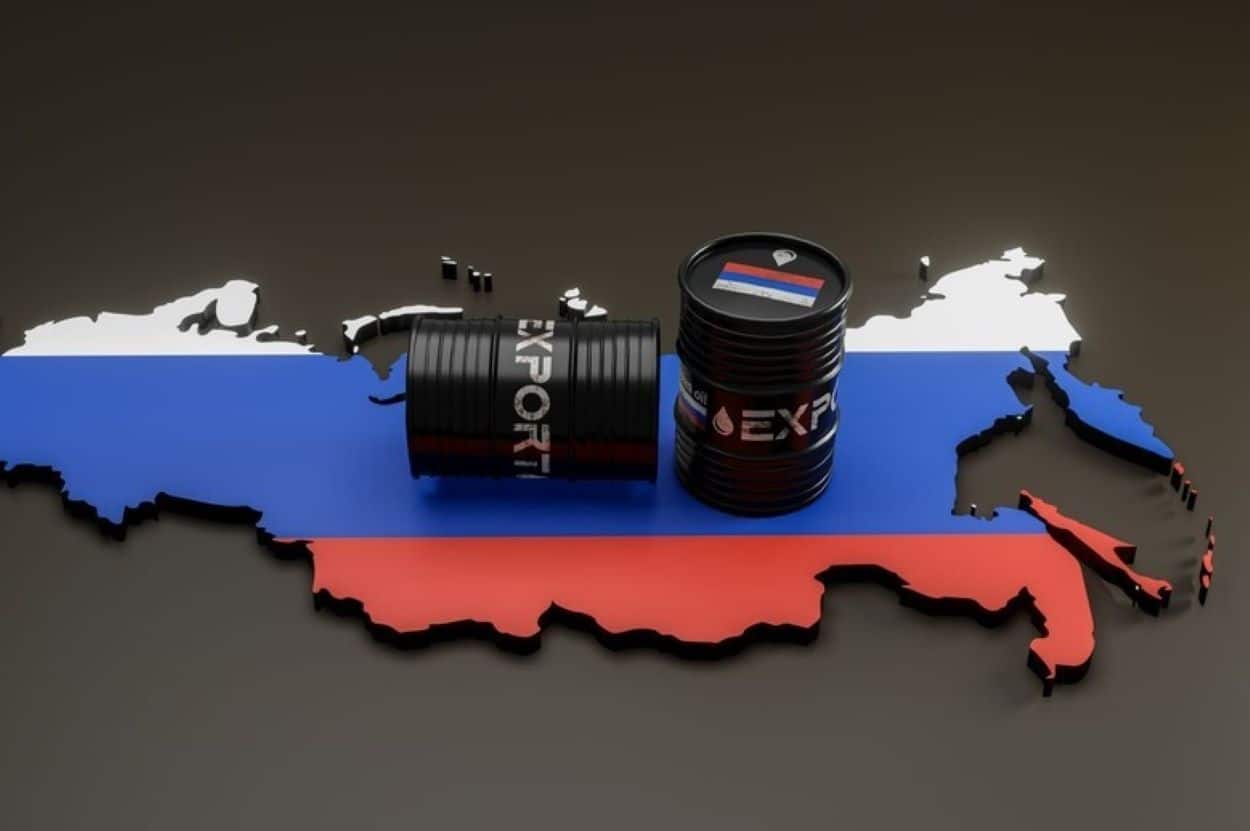Chinese and Indian refiners are anticipated to boost their oil imports from the Middle East, Africa, and the Americas, potentially raising both prices and freight costs.
According to traders and analysts, this shift comes as new U.S. sanctions targeting Russian oil producers and shipping vessels restrict supply channels to Moscow’s major customers.
On Friday, the U.S. Treasury imposed sanctions on Russian oil companies Gazprom Neft and Surgutneftegas and 183 vessels transporting Russian oil. These sanctions aim to cut off revenue streams that Moscow has been using to fund its conflict with Ukraine.
Western sanctions and a price cap implemented by the Group of Seven nations in 2022 redirected Russian oil trade from Europe to Asia. Many tankers have transported oil to India and China, and shipments from Iran are currently under sanctions.
According to two trade sources from China, the new U.S. sanctions will likely significantly impact Russian oil exports, potentially forcing Chinese independent refiners to reduce their refining output. These sources, who preferred to remain anonymous, noted that among the newly sanctioned vessels, 143 oil tankers managed more than 530 million barrels of Russian crude last year, representing about 42% of Russia’s total seaborne crude exports, as reported by Kpler’s lead freight analyst Matt Wright.
📣The US on Friday announced the most sweeping & aggressive sanctions yet on #Russia’s #oil trade. If sanctions “stay in place under @realDonaldTrump the measures have more chance of disrupting Russia’s exports of petroleum than anything done by any western power so far.” 👀… https://t.co/sGDf13KlXu pic.twitter.com/OsooYxXi3d
— Susan Sakmar (@SusanSakmar) January 12, 2025Wright also mentioned that these sanctions would drastically reduce the number of ships available to transport Russian crude in the short term, pushing freight rates higher. A Singapore-based trader noted that the designated tankers had transported nearly 900,000 barrels per day (bpd) of Russian crude to China over the past 12 months, a figure expected to plummet dramatically.
For the first 11 months of last year, India’s imports of Russian crude increased by 4.5% yearly to 1.764 million bpd, accounting for 36% of its total imports. China’s imports, including pipeline supplies, rose 2% to 99.09 million metric tons (2.159 million bpd), making up 20% of its total imports during the same period.
In response to the sanctions, China and India will likely turn to more compliant oil markets to secure supplies from the Middle East, Africa, and the Americas. Spot prices for oil grades from these regions have already been climbing due to heightened demand from China and India and the constrained supply of Russian and Iranian oil.
The USA just imposed new sanctions on Russia’s oil production and exports, targeting oil companies, 183 ships, dozens of oil traders, insurance firms and energy officials pic.twitter.com/YYB7nGBnAO
— Visegrád 24 (@visegrad24) January 10, 2025An Indian oil refining official noted that prices for Middle Eastern oil grades are already rising, stating, “We have no choice but to opt for Middle Eastern oil, and perhaps we may also need to consider U.S. oil.”
Furthermore, the sanctions on Russian oil insurers will likely lead Russia to price its crude below $60 a barrel to continue utilizing Western insurance and tankers, according to a second Indian refining source. Harry Tchilinguirian, head of research at Onyx Capital Group, predicted that Indian refiners, major consumers of Russian crude, would actively seek alternatives in Middle Eastern and Atlantic Basin crude linked to the Dated-Brent benchmark. This will likely lead to a notable narrowing of the Brent/Dubai spread, particularly with strong bidding expected for February-loading shipments from Oman or Murban.
Last month, the Biden administration targeted additional ships dealing with Iranian crude in anticipation of stricter measures from the incoming Trump administration. This prompted the Shandong Port Group in eastern China to prohibit sanctioned tankers from docking at ports. According to Tchilinguirian, China will likely increase its intake of heavier Middle Eastern oil and maximize its use of Canadian crude transported via the Trans-Mountain pipeline (TMX).






